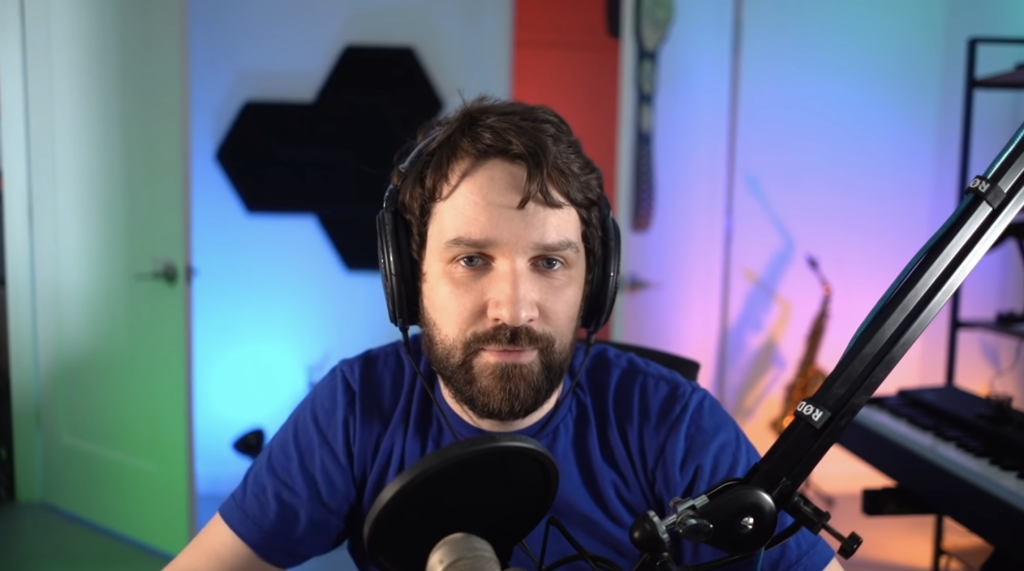
As campus is overflowing with superfluous clubs and resume-stuffing extracurriculars, a new club has entered the over-competitive fray. The Dartmouth Debate Organization (DDO) was founded to foster debate on a campus that is already boiling from it. However, rather than sparking divisions, this new club is seeking to foster productive debate between disparate groups. While we at The Review do not necessarily support the specific politics of those involved, we certainly encourage more productive and civil discussions on campus.
The Dartmouth Debate Organization’s inaugural event was unfortunately marred by a noticeably low turnout. This isn’t the fault of the Organization necessarily; on top of the numerous parties occurring around campus in the wake of Green Key and the downpour of rain that hit Hanover as soon as the event was scheduled to begin, an apparent hiccup in the ListServ email system meant that nobody received notice of the debate, apart from the scattering of posters pinned to boards in the library.
Akhand Dugar ‘25, President and founding member of the DDO, gave the introductory remarks. The format was ambitiously proposed to be in the style of a town hall, wherein audience members would come to the front of the auditorium, take up the microphone, and debate head-to-head with the guest speaker. A tall order and a lot of time to fill, given the scarcity of attendees. Commendations to Dugar, however, for not letting this daunting prospect shake his resolve. He gave quite a commanding introduction.
Mr. Bonnell himself, better known by the girl’s name “Destiny,” has been streaming video game gameplay online since 2011 as a full-time career, one in which he has been remarkably successful, particularly after 2016, when his platform took a noticeably political turn. At a time when online culture, particularly that surrounding gaming, was dominated by right and far-right ideological subcommunities (GamerGaters, antifeminists, anti-SJWs), thinkers (Ben Shapiro, Joe Rogan, Jordan Peterson), and content creators (JonTron, Hunter Avallone, Pewdiepie), Destiny stood at the vanguard of a left-leaning resistance. Since then, he has been credited with the deradicalization of numerous terminally online teenagers, though he has recently attracted the ire of streamers further left of him. His politics, which he labels as “omniliberal,” a term he uses to describe a pragmatic embrace of liberal capitalism and social safety-nets, are far from satisfactory to the majority of so-called BreadTube.
Destiny’s position that he hoped to debate, advertised in the event’s promotional material, was that left-wing people today are too mean to conservatives, that they do not operate in good-faith or do not attempt to communicate effectively with them, and therefore only increase the prevalence of political conflict. He sees himself as always attempting to represent the views of his interlocutors in the best possible light, and in this way achieve common ground and understanding with his political opponents. This, to Destiny, is the most effective way of advancing political discourse and policy, and should be replicated by others who subscribe to left-leaning positions.
This problem is, in part and as Destiny sees it, the fault of the Internet. In the past, one’s immediate political concerns were local, and one’s political rivals were neighbors. When people who disagree live so close, and are humanized in daily interactions, it is much more difficult to dismiss them as ‘evil’ or ‘uninformed,’ and instead, it becomes natural to talk in good faith. The advent of the Internet, however, along with the increasing alienation of the individual from his neighbors, has meant that one now rarely encounters political opponents outside of abstracted digital representations. Furthermore, one can easily find an online community who will justify any extreme or unfounded claim, which might have been dismissed by a local community. These factors have accelerated political extremism, but have also contributed to the dehumanization of those with whom we disagree, making effective communication all but impossible.
To combat this worrying trend, Destiny recommends socialization (to an audience primarily of the terminally online). Socialization, regular interaction with other human beings who differ from oneself, builds empathy, and empathy is a necessary quality when it comes to effective political discourse. Leftists can always dream of a socialist revolution, but Destiny gives that an extremely low likelihood of occuring anytime soon, and thus, if we are to accomplish anything in the here-and-now, we must learn to understand and cooperate with our rivals. Omniliberal, indeed.
In an ironic turn of events, Destiny ended the discussion by mentioning the societal benefits of communities like that of organized religion. Of course, Mr. Bonnell refused to take the leap of faith, countering that maybe the saterialic Satanic religions offer the same communal benefits without all those pesky serious beliefs. While students did not come in droves to this first event, we hope that the lack of attendance does not deter the newly founded DDO. At least there was no one in the crowd with white hair, a rarity among events open to the public. We at The Review are excited for future events hosted by DDO, and hope that this new club can bring a lively and civil debate forum to the College.

Be the first to comment on "Debate, Destiny, and Dartmouth"